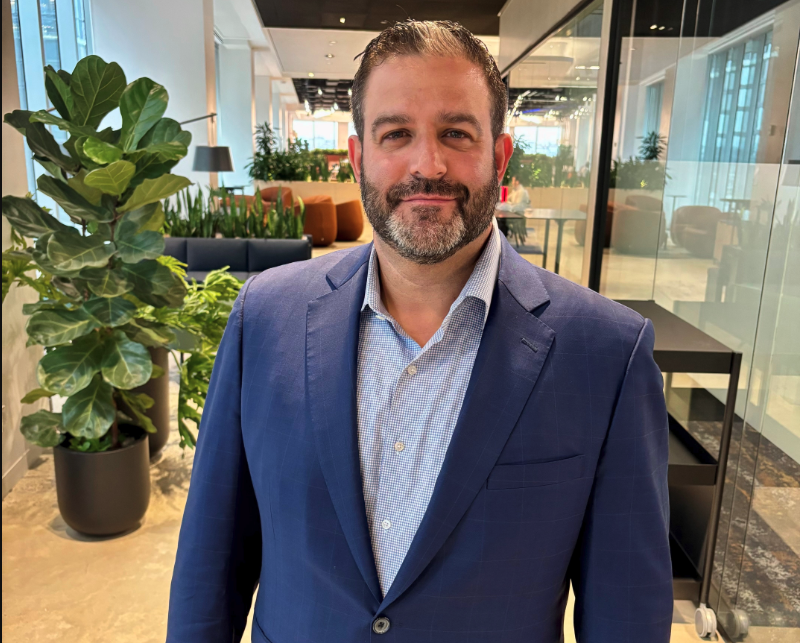
We previously warned that 2024 would be a year heavily influenced by electoral processes and political developments, and this remains the case to the very end. France and Germany, the two main engines of the Eurozone economy, are navigating complex political landscapes. On both sides of the Rhine, governments are grappling with budgetary spending and deficit control, creating domestic challenges that, according to experts, affect the attractiveness of European assets.
“On the French side, the Barnier government faces uncertainty over its ability to maintain power—an almost unprecedented situation under the Fifth Republic, as a no-confidence vote will be held today. In Germany, early elections are set for February 23, 2025, and there is ongoing debate about amending the debt brake rule, which limits the federal deficit to 0.35% of GDP. Unfortunately, such a modification requires a two-thirds parliamentary majority—a challenging goal given the current fragility of traditional parties,” summarizes François Rimeu, senior strategist at Crédit Mutuel Asset Management, describing the political dynamics in both nations.
Rimeu sees the situation in France and Germany as highlighting broader challenges for the Eurozone, including fiscal integration to curb internal optimization (e.g., in Ireland, the Netherlands, and Luxembourg), a common defense policy to address current and future geopolitical risks, a shared energy strategy, and unified migration policies. However, these challenges are compounded by the political complexities in France and Germany, raising a pressing question: What are the implications for investment? Experts point to two areas—bond spreads and European equities. Let’s break them down.
France: Stuck in the Political and Fiscal “Periphery”
Benoit Anne, Managing Director of the Strategy and Insights Group at MFS Investment Management, likens France’s current situation to being “stuck in the center of Paris.” He explains:
“Anyone who has tried driving through Paris knows that being stuck on the frequently congested Peripherique ring road is a traumatic experience. Interestingly, French spreads are similarly stuck in the periphery of the Eurozone, with little hope for an end to the trauma anytime soon.”
Anne’s colleague, Peter Goves, head of Developed Markets Sovereign Analysis, echoes the sentiment, stating there is little sign of relief in France’s sovereign debt struggles. Both experts view France’s political outlook as bleak, ranging from catastrophic to merely mediocre scenarios.
“This inevitably continues to impact business and consumer confidence. In any future political scenario—whether the current government survives or falls—expecting a constructive outlook on French sovereign debt is overly optimistic,” Anne warns.
The 10-year spread between France and Germany currently stands at around 85 basis points, on par with Greece. However, according to MFS IM, the triple-digit territory could be only weeks away. There may also be repercussions for European credit, as France’s weight as a risk-bearing country in the index is significant. For this reason, MFS IM’s fixed-income team maintains a cautious stance toward the French financial sector, given its potential vulnerabilities in this uncertain environment.
Dario Messi, Head of Fixed Income Analysis at Julius Baer, points to the widening of government bond spreads as the most critical issue. “This reflects a political risk premium that is unlikely to disappear in the short term, rather than genuine concerns over debt sustainability at this stage. France’s political fragility has increased significantly since the early elections last summer, with the country’s heated budget debates serving as yet another example,” Messi explains.
Even if the budget is passed, Enguerrand Artaz, fund manager at La Financière de l’Échiquier (LFDE), notes that the deficit would only drop to 5% of GDP—a level still extremely high in absolute terms. “France has exceeded the excessive deficit threshold (3% of GDP) more often than any other Eurozone country since the bloc’s creation: 20 out of 26 years. Additionally, France currently holds the worst deficit-to-debt ratio in the Monetary Union. Italy and Greece, countries with higher debt-to-GDP ratios, have achieved near-budget balance (Italy) or a net surplus (Greece) in 2024,” Artaz highlights.
Implications for Fixed Income and Equities
According to Julius Baer, political instability in France is unlikely to fade soon, keeping sovereign spreads volatile and elevated compared to German bonds by historical standards. This translates to a political risk premium on French government debt.
However, Messi clarifies that this is not yet a matter of debt sustainability. “The current widening of spreads remains modest in absolute terms. While primary budget deficits are too high and will need to be addressed, interest rates on debt remain low, rising very slowly, and are not expected to outpace nominal growth in the medium term. This should limit concerns over debt sustainability.”
Despite these dynamics, Artaz warns that France could face a debt crisis in the coming quarters if poor budget management and political instability persist. “A climate of distrust could push interest rates higher in markets, leading to a debt crisis—a major risk for the Eurozone in the near term.”
On equities, Axel Botte, Head of Market Strategy at Ostrum AM (Natixis IM), notes that the CAC 40 is heading for its worst year since 2010 compared to European stock markets. The index has underperformed the German DAX 30 since last spring, despite Germany still being in recession due to structural challenges like dependence on Russian energy and chronic underinvestment. In Botte’s view, French banking stocks, in particular, have weighed on the index.
Germany: A Budget Debate Amidst Political Change
While France garners much attention this week, Germany is not without its own challenges. On November 6, the coalition government of Social Democrats (SPD), Greens, and Free Democrats (FDP) collapsed. A key trigger was Chancellor Scholz’s dismissal of his liberal Finance Minister over disagreements on funding a supplemental 2024 budget. Early elections are now set for February 23, following a no-confidence vote on December 16.
Martin Wolburg, senior economist at Generali AM, explains that Germany faces budget challenges for 2024 (€11.8 billion needed) and, more critically, for 2025. “Without a parliamentary agreement on the 2025 budget, a provisional budget based on 2024 expenditures would be implemented until the new government finds consensus. This process could stretch well into the summer or beyond.”
Looking ahead, Artaz predicts that regardless of Germany’s next coalition, the country’s fiscal orthodoxy will likely soften. Options include loosening debt-brake rules, extending the €100 billion defense fund created in 2022, or increasing the deficit cap from 0.35% of GDP to 0.5% or even 0.75%.
For investors, this shift could provide a breath of fresh air. “A more flexible fiscal approach might boost sectors like automotive and chemicals, which have been overlooked,” Artaz concludes.
Despite the political upheaval, DWS views Germany’s DAX as having strong potential for 2025. The index recently surpassed 20,000 points, a historic high, driven by gains in industrial, tech, and telecom stocks.
As France and Germany tackle their political and fiscal challenges, investors must closely monitor developments in bond spreads, sovereign debt sustainability, and equity market performance. Both nations’ paths will undoubtedly shape the future of the Eurozone and its investment landscape.












